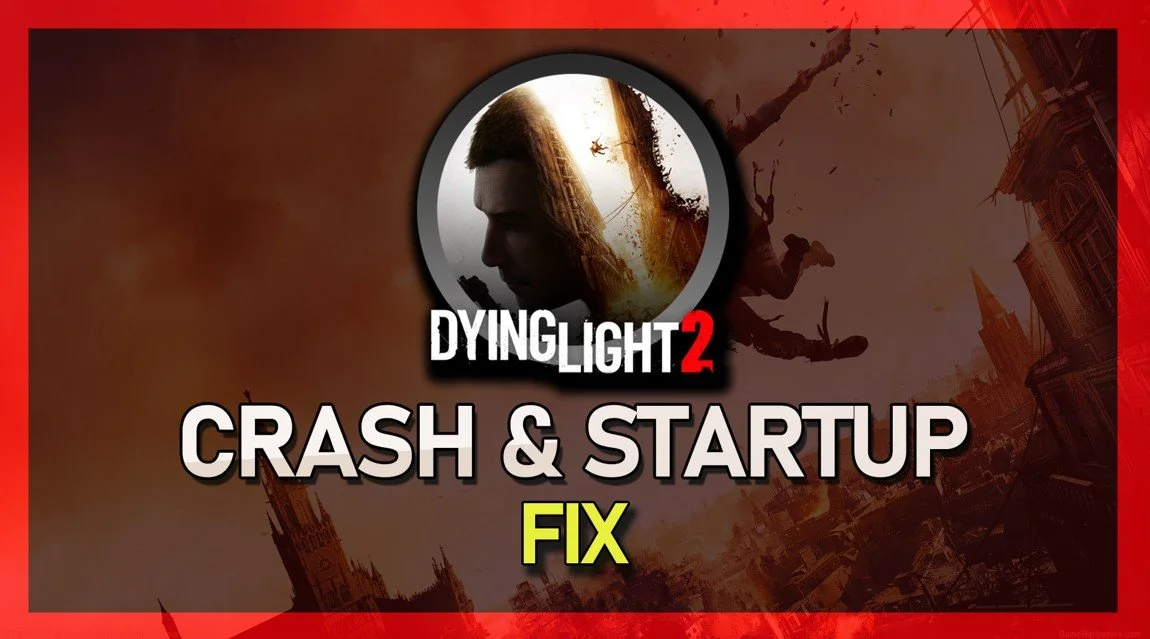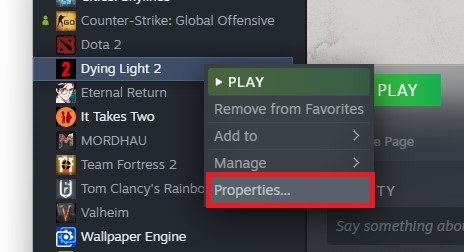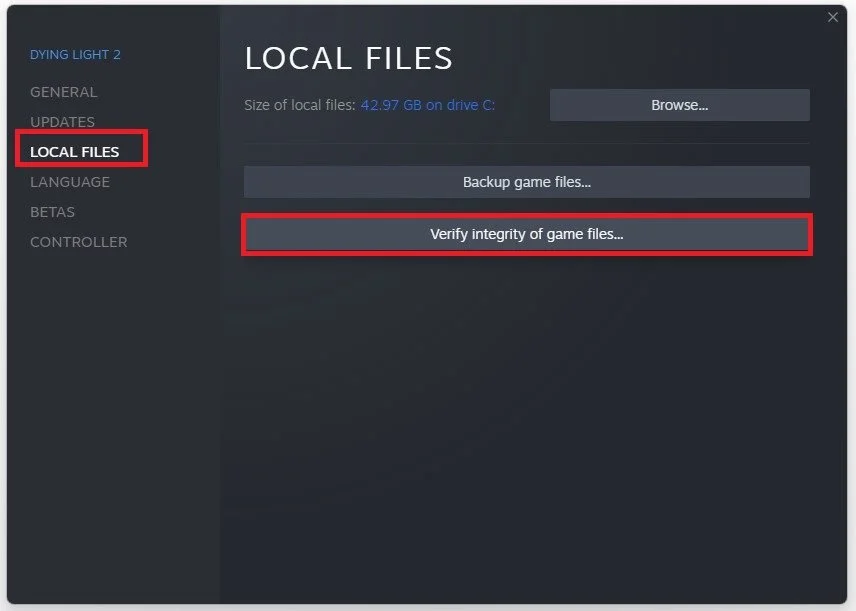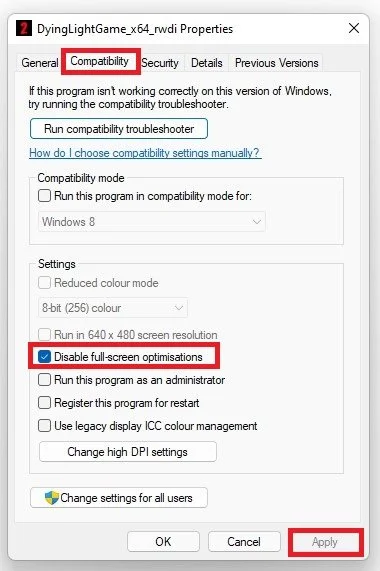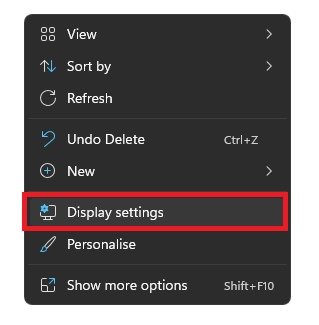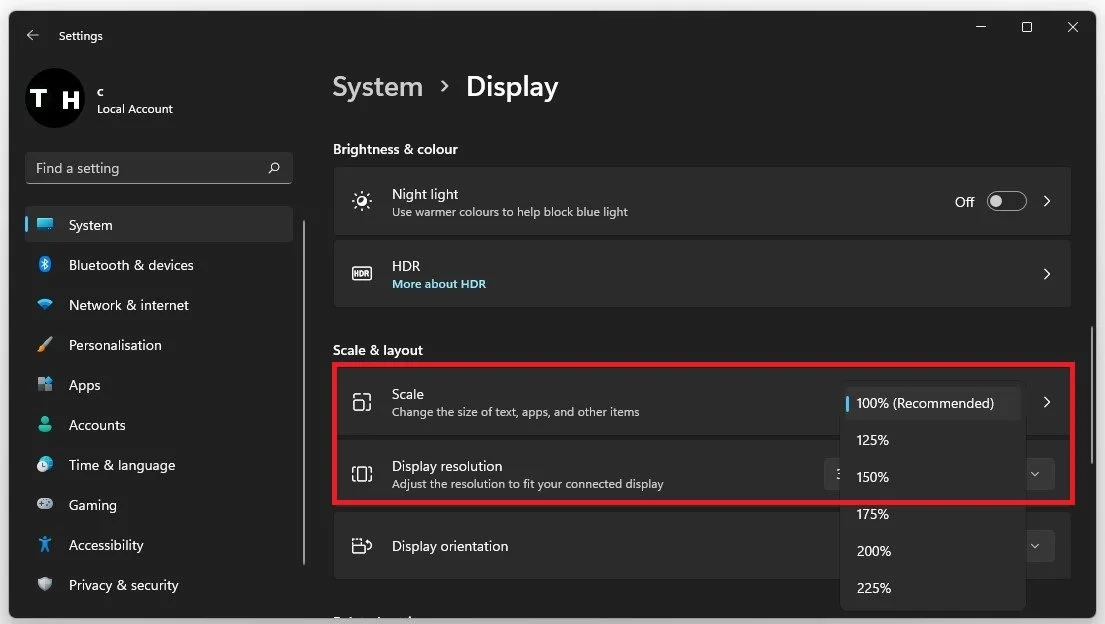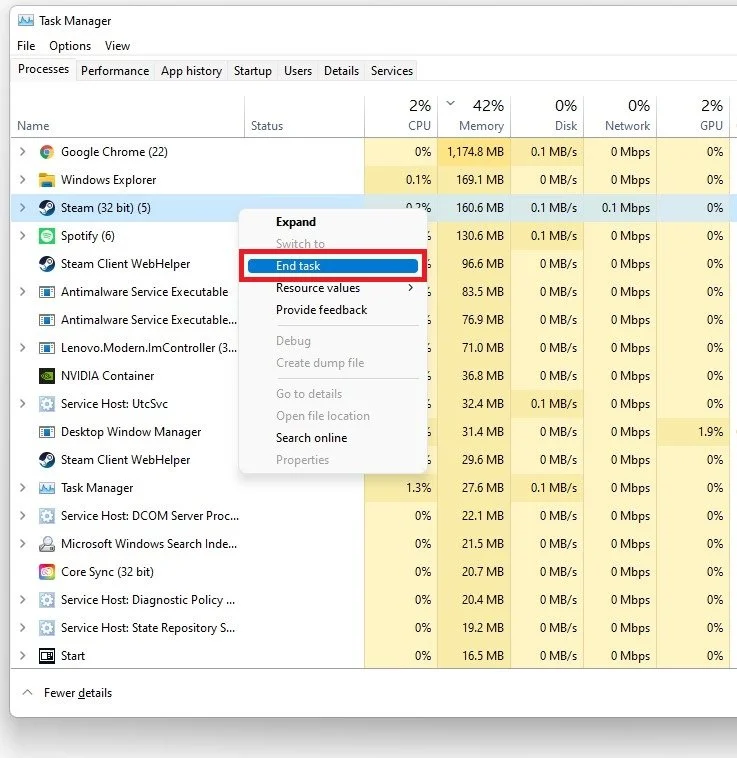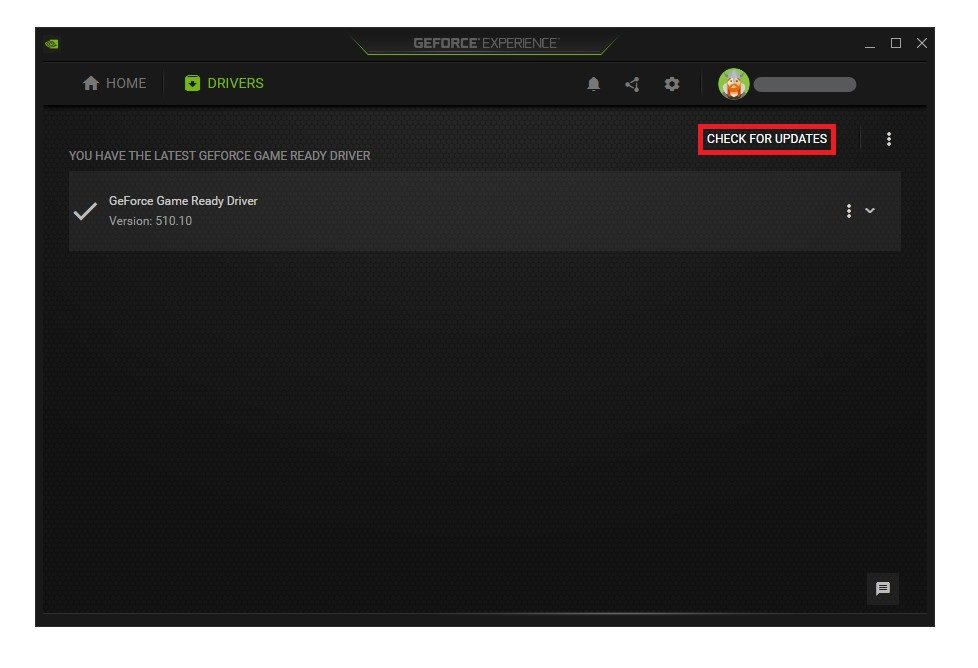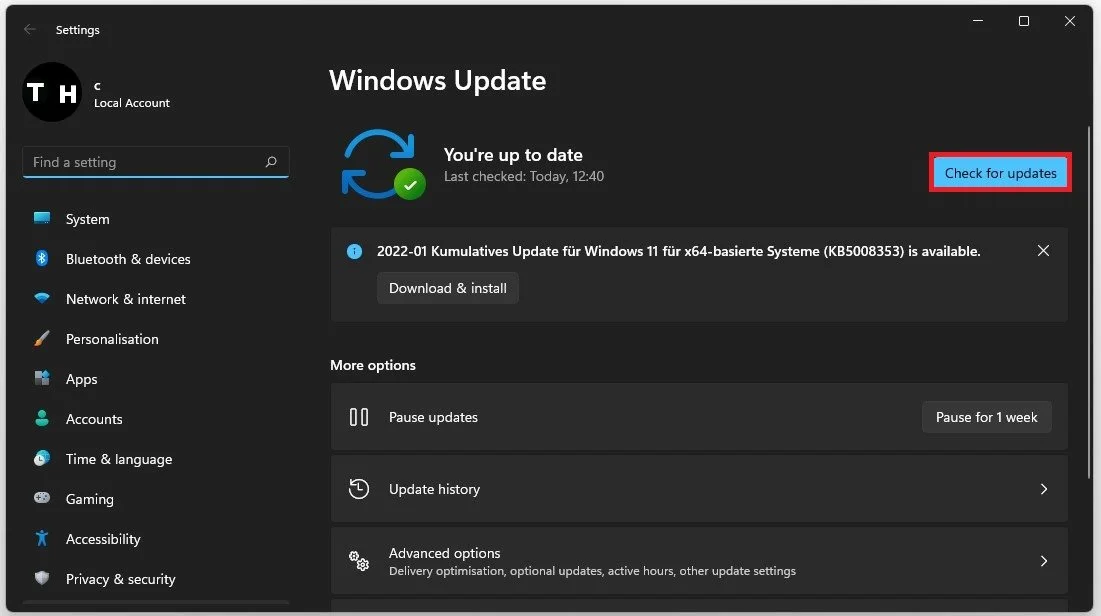Fix Dying Light 2 Crashing & Startup Issues - Guide
Are you tired of trying to play Dying Light 2, only to be met with frustrating crashing and startup issues? Look no further! In this comprehensive guide, we'll walk you through the steps to fix these issues and return to playing your favorite game in no time.
Dying Light 2, the highly anticipated sequel to the popular zombie game, has been eagerly awaited by fans for years. However, since its release, many players have reported experiencing issues with the game crashing and failing to start up. These issues can be frustrating and prevent you from enjoying the immersive and thrilling gameplay that Dying Light 2 has to offer.
Fortunately, with the help of this guide, you'll be able to troubleshoot and fix these issues quickly and efficiently. From updating your drivers to disabling unnecessary programs, we'll provide you with the necessary steps to get your game running smoothly.
Verify Integrity of the Dying Light 2 Files
Ensure your game files are complete and current. Ensure that Dying Light 2 is not running in the background, and open up your Steam library. Right-click Dying Light 2 and select Properties.
Steam library > Dying Light 2 > Properties
In the Local Files tab, select Verify integrity of game files. Redownloading and replacing any missing or corrupted game files will take a minute.
Dying Light 2 Properties > Local Files > Verify Integrity
Change the Dying Light 2 Compatibility Options
Open up your File Explorer and navigate to the drive on which you saved the game on Program Files > Steam > steamapps > common > Dying Light 2 > ph > work > bin > x64. Right-click the Dying Light Game .exe application and go to its Properties.
Program Files > Steam > steamapps > common > Dying Light 2 > ph > work > bin > x64
Ensure you’re in the Compatibility tab and select Disable Fullscreen Optimizations and apply your changes.
Disable Fullscreen Optimizations for Dying Light 2
Adjust the Windows Display Settings
Right-click your desktop and select Display Settings.
Ensure the scaling is set to 100% and that you’re using a normal native resolution. In your in-game graphics settings, make sure to set the window mode to Borderless Windowed.
Windows Settings > System > Display > Scale & Layout
End Resource-Intensive Tasks
Open up your Task Manager by searching for it in your start menu search. In the Processes tab, make sure to end the programs from running in the background, which could show an overlay while in-game. In my case, that would be Steam, GeForce Experience, or Discord. You should end CPU-intensive processes, such as Shadowplay and Adobe Applications, but make sure to only end the processes from running that you know won’t break your operating system.
Task Manager > Processes > End Task
Update Graphics Card Driver
Ensure your graphics driver is up to date. We suggest using the GeForce Experience application if you’re using an NVIDIA GPU, but you can also use the AMD driver suite. Depending on how frequently you update your GPU, this tweak can make the most significant difference. In the Drivers tab, simply click on Download and the application will automatically download and install the latest driver.
GeForce Experience > Drivers > Download
Windows Operating System Update
Search for Update to open up your Check for updates system settings window. Click on Check for updates, and after downloading the latest OS update, restart your PC.
Windows Settings > Windows Update
Enable NVIDIA Image Scaling
If the problem is related to your system performance, you might need to lower your in-game graphics settings. If you’re using an NVIDIA graphics card, we suggest enabling NVIDIA Image Scaling, which will greatly increase your performance. To do so, you should use the GeForce Experience application. Navigate to your GeForce settings. Enable the Image Scaling option. This will boost your overall frame rates when playing a game on your PC.
GeForce Experience > General Settings > Image Scaling


